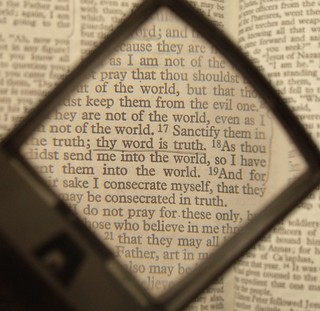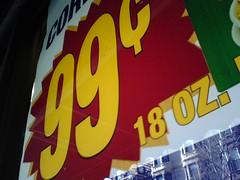 Y'all know I'm a writing book junkie. I can't seem to get enough. And typically, I gravitate toward books on structure because I'm always trying to convince my pantser self into being a plotter. However, this time I decided to pick up something a little different.
Y'all know I'm a writing book junkie. I can't seem to get enough. And typically, I gravitate toward books on structure because I'm always trying to convince my pantser self into being a plotter. However, this time I decided to pick up something a little different.
I saw Stephen King's Danse Macabre mentioned somewhere on the interwebs and realized it wasn't a novel, but King's thoughts on horror. I needed to have it. See, I have a love of the horror genre, as that's a lot of what I grew up reading when I graduated to "grown up" books. And though I'm a big chicken in real life, I love being scared in fiction or through movies. Also, I haven't ruled out penning a horror tale--maybe even with some romance mixed in--one of these days. So I wanted to read this book.
Now, my thoughts...
King wrote this back in 1981 so it's dated and feels it. However, there is a fantastic 2010 forenote called "What's Scary" where King gives his thoughts on more recent trends in horror and lists the movies he thinks got it right. That was a great read and gave me a list of new movies to watch.
If you've read On Writing--which is one of the best writing books out there--don't expect this to be that. This is not so much a book about how to write as it is a history of horror from King's perspective. This is a long book that goes off on a lot of tangents that feel a bit aimless at times. Someone on Goodreads described it as sitting down in a bar late one night and getting drunk with King as he riffs about the history of horror. That's exactly what it comes across like. So yes, there are nuggets of greatness in this book, but there's a lot of other stuff to sift through and it took me a while to read. Often too much time was spent on topics and examples that could've been wrapped up in many less pages.
So, if you're looking for Stephen King's advice on how to write, get On Writing and enjoy the greatness. Danse Macabre is probably more for die hard King fans and for those who grew up in his era and want to reminisce about horror movies and TV shows from the past.
However, like I said, there were some great nuggets in the book, and in the end, I'm glad I read it.
Here are some of my favorite quotes:
On imagination in adulthood: "...whenever I run into someone who expresses a feeling along the lines of, "I don't read fantasy or go to any of those movies; none of it's real," I feel a kind of sympathy. They simply can't lift the weight of fantasy. The muscles of the imagination have grown too weak." --Stephen King, Danse Macabre
On the duty of literature: "...the primary duty of literature--to tell us the truth about ourselves by telling us lies about people who never existed." --Stephen King, Danse Macabre
On the definition of "gothic" literature (which I appreciated because the definition is often hard to pin down for me): "They are all books where the past eventually becomes more important than the present." --Stephen King, Danse Macabre
On horror involving homes/houses: "...horror fiction is a cold touch in the midst of the familiar, and good horror fiction applies this cold touch with sudden, unexpected pressure. When we go home and shoot the bolt on the door, we like to think we're locking trouble out. The good horror story about the Bad Place whispers that we are not locking the world out; we are locking ourselves in...with them." --Stephen King, Danse Macabre
On the role of power in fantasy fiction: "...all fantasy fiction is essentially about the concept of power; great fantasy fiction is about people who find it at great cost or lose it tragically; mediocre fantasy fiction is about people who have it and never lose it but simply wield it." --Stephen King, Danse Macabre
On Writers: "The novelist is, after all, God's liar, and if he does his job well, keeps his head and courage, he can sometimes find the truth that lives at the center of the lie." --Stephen King, Danse Macabre
Our job as writers (he specifies writers of fantasy but I think this can apply to all fiction): "The imagination is an eye, a marvelous third eye that floats free. As children, that eye sees with 20/20 clarity. As we grow older, its vision begins to dim...The job of the fantasy writer, or the horror writer, is to bust the walk of that tunnel vision wide for a little while; to provide a single powerful spectacle for the third eye. The job of the fantasy-horror writer is to make you, for a little while, a child again." --Stephen King, Danse Macabre
Good stuff, yeah?
Has anyone else read this one? Any other horror lovers out there?


